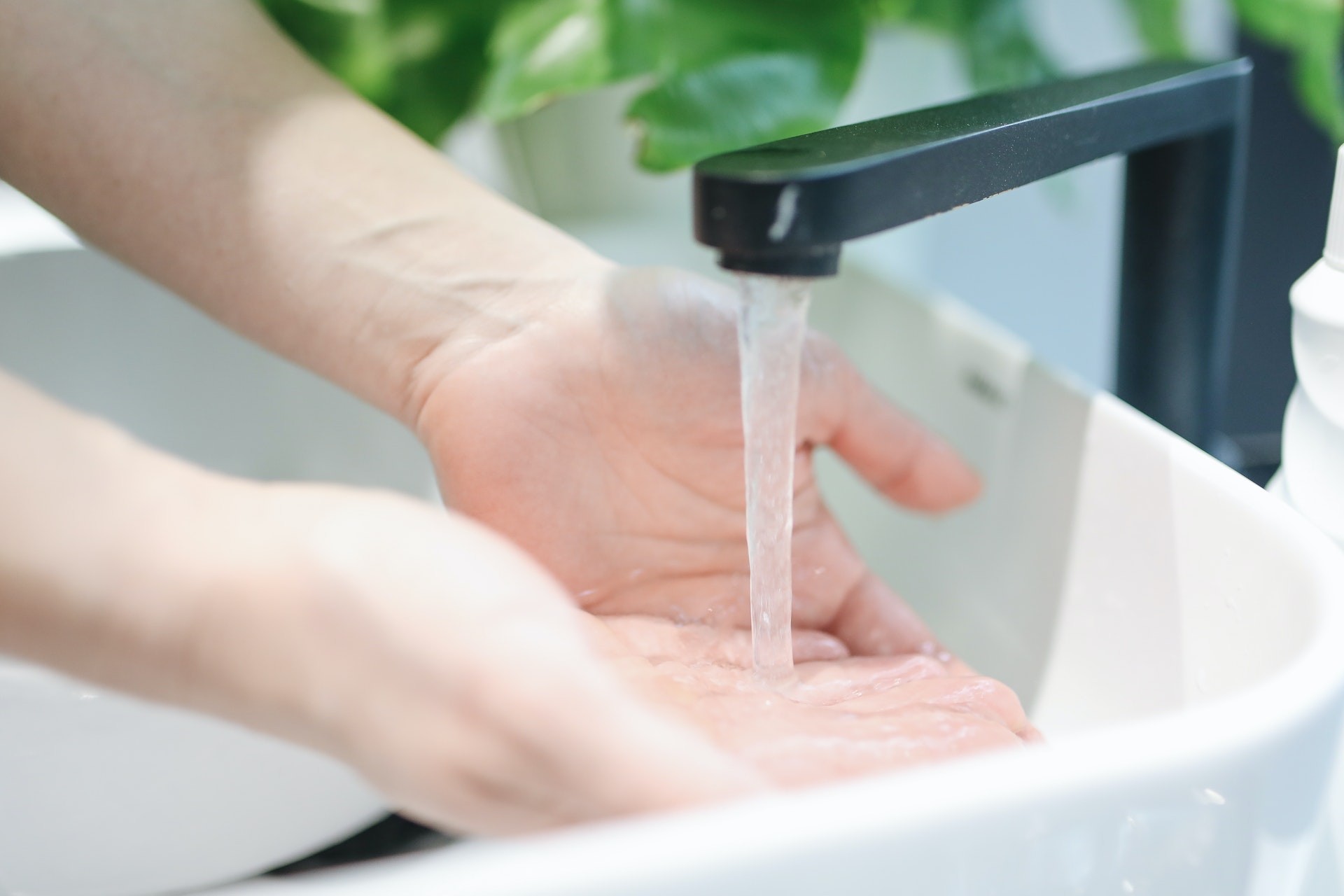
Heat pump water heating technology emerges as a beacon of innovation. Unlike traditional water heaters, heat pump water heaters represent a leap forward in both energy conservation and operational efficiency.
This technology harnesses the power of heat transfer, rather than solely relying on energy to generate heat, making it a standout choice for environmentally minded homeowners. By diving into the realm of heat pump water heating, we open doors to not just savings in energy and costs, but also to a more sustainable way of living.
What is Heat Pump Water Heating?
Heat pump water heating is an innovative technology that redefines the traditional approach to heating water in our homes.
At its core, a heat pump water heater operates on the principle of heat transfer, rather than generating heat directly. This system extracts heat from the surrounding air and transfers it to the water in the tank, making it vastly more energy-efficient compared to conventional water heating methods.
Traditional water heaters, such as electric or gas models, generate heat through their respective energy sources, directly heating the water. This process, while straightforward, is less energy-efficient.
In contrast, heat pump water heaters use electricity not to create heat, but to move it from one place to another. This fundamental difference is what sets them apart in terms of efficiency, cost-effectiveness, and environmental impact.
Key Components of a Heat Pump Water Heater
A heat pump water heater comprises several main components that work synergistically to heat water efficiently:
-
Evaporator: The evaporator in a heat pump water heater absorbs heat from the ambient air. It contains a refrigerant that, when exposed to air, evaporates and captures heat.
-
Compressor: The compressor plays a crucial role by increasing the pressure of the refrigerant, thereby raising its temperature.
-
Condenser: The heated refrigerant then passes through the condenser coil, which is wrapped around the water storage tank. Here, the heat is transferred from the refrigerant to the water.
-
Expansion Valve: Post the heat transfer, the refrigerant cools down and expands. The expansion valve regulates its flow back into the evaporator, thus completing the cycle.
Each of these components is integral to the efficient functioning of a heat pump water heater. By utilizing the surrounding air as the primary source for heat and a refrigerant cycle to amplify this heat, the system significantly reduces the amount of electricity used to heat water. This results in a more eco-friendly, cost-effective solution for home water heating.
The Advantages of Heat Pump Water Heating
The adoption of heat pump water heating technology brings a multitude of benefits, making it an ideal choice for homeowners seeking to upgrade their water heating systems. These advantages include:
-
Energy Efficiency: Heat pump water heaters are remarkably efficient as they utilize heat from the environment, reducing the amount of electricity needed to heat water. This efficiency translates into significant energy savings.
-
Cost-Effectiveness Over Time: While the initial investment in a heat pump water heater may be higher than traditional water heaters, the long-term savings on energy bills make it a cost-effective choice over time.
-
Environmental Benefits: By using less electricity and reducing reliance on fossil fuels, heat pump water heaters contribute to a smaller carbon footprint and a more sustainable future.
-
Longevity and Durability: Generally, heat pump water heaters have a longer lifespan compared to conventional water heaters, thanks to the less intensive heating process which reduces wear and tear on the system.
-
Consistent and Reliable Performance: These systems provide a steady supply of hot water, maintaining consistent performance even in varying environmental conditions.
Energy Efficiency and Lower Operating Costs
Heat pump water heating systems shine in their ability to reduce energy usage dramatically. Unlike conventional systems that generate heat, heat pumps only move heat, which requires significantly less energy.
This efficiency is reflected in energy ratings like the Energy Factor (EF), where heat pump water heaters typically score much higher than traditional models. The result is a notable reduction in operating costs. These savings compound over the lifespan of the heater, making the investment increasingly beneficial over time.
Environmental Impact
In terms of environmental impact, Heat pump water heating represent a greener choice for several reasons. Firstly, their reduced energy consumption directly translates to less demand on power grids, which often rely on fossil fuels. This reduction in energy use means fewer greenhouse gas emissions, contributing positively to efforts against climate change.
Additionally, because these systems can work efficiently in various climates and settings, they are a versatile solution adaptable to different environmental conditions. By integrating renewable energy sources like solar power, their sustainability quotient can be further enhanced, paving the way for a future of eco-conscious home heating solutions.
Installation and Maintenance of Heat Pump Water Heaters
The successful operation of heat pump water heaters hinges not just on choosing the right model but also on proper installation and diligent maintenance. These factors ensure the longevity and efficiency of the system.
Guidelines on Proper Installation
-
Location Considerations: Heat pump water heaters require adequate space for air circulation, typically around 1,000 cubic feet. Install them in areas with ambient temperatures ranging from 40°F to 90°F for optimal efficiency.
-
Clearance for Maintenance: Ensure there's enough clearance around the heater for easy maintenance and repair. Adequate space will also facilitate air flow, which is crucial for the heat pump's operation.
-
Proper Insulation: Insulate both hot and cold water pipes to minimize heat loss and improve efficiency. This is especially important in cooler climates or unheated spaces.
-
Professional Installation: Considering the complexity of heat pump water heaters, professional installation is recommended. Certified technicians can handle the specifics of electrical and plumbing requirements, ensuring safety and compliance with local codes.
Tips for Regular Maintenance and Care
-
Clean the Air Filter: Regularly clean the air filter to maintain air flow and efficiency. This is typically a simple process of removing, rinsing, and replacing the filter.
-
Check the Area Around the Unit: Keep the area around your heat pump water heater free from debris and dust to prevent airflow blockages.
-
Annual Inspections: Schedule annual inspections with a professional to check the anode rod, electrical components, and overall system integrity.
-
Temperature Settings: Regularly verify the thermostat settings to ensure optimal performance and energy savings.
Choosing the Right Model for Your Home
Selecting the appropriate heat pump water heater for your home involves several considerations:
-
Size and Capacity: Consider the size of your household and hot water usage. The capacity of the heater should align with your daily needs to ensure consistent hot water supply without unnecessary energy expenditure.
-
Energy Efficiency Ratings: Look for units with high Energy Factor (EF) ratings. Higher ratings indicate better energy efficiency, leading to more savings in the long run.
-
Climate Suitability: Some models are better suited for specific climates. Ensure the model you choose can operate efficiently in your local weather conditions.
-
Rebates and Incentives: Check for any available local rebates or federal tax incentives that can offset the initial investment cost.
-
Brand and Warranty: Consider reputable brands and understand the warranty offered. A comprehensive warranty can provide peace of mind and protection for your investment.
By carefully considering these factors, homeowners can ensure they choose a heat pump water heater that not only meets their needs but also operates efficiently and reliably for years to come.
The Future with Heat Pump Water Heating
As we reach the culmination of our exploration into heat pump water heating systems, it's clear that this technology stands as a paradigm of energy efficiency, cost-effectiveness, and environmental stewardship. The myriad benefits, ranging from substantial energy savings to a reduced carbon footprint, position heat pump water heaters as a forward-thinking choice for modern homes and businesses.
The compelling testimonials and diverse applications we've reviewed underscore the real-world impact of these systems. Whether it's a family home, a commercial property, or an eco-conscious renovation, heat pump water heating systems offer a solution that aligns with both economic and environmental objectives.
We encourage you to consider the long-term benefits and sustainability of heat pump water heating for your property. This technology isn't just a choice for today; it's an investment in a greener, more cost-effective future.
If you're ready to take the next step towards efficient and responsible home heating, or if you have any questions about integrating this technology into your space, we're here to help. Contact us at HeatPumps.ca for more information or to schedule an installation.
Let us assist you in making the transition to a more sustainable, efficient, and cost-effective water heating solution.




